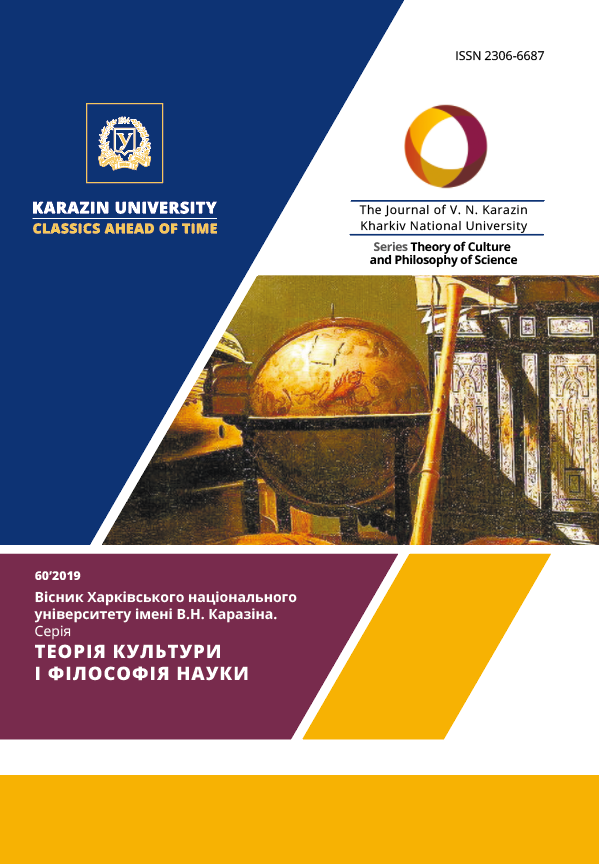The formation and development of non-confection in Сhina
Abstract
The article is devoted to the study of the formation and development of neo-Confucianism in China. The relevance of this work is dictated by the need to put the right accents in the understanding of the term “neo-Confucianism”. Its interpretation is often ambiguous in relation to the “time periods” and the direct “carriers” of this philosophical trend. So, for example, the term “neo-Confucianism” is often referred to the conditionally modern stage of the development of Confucianism (starting from the twentieth century). On the contrary, it is sometimes customary to track neo-Confucianism, bringing it “from the depth of ages” (starting with the first indirect followers of Confucius). Diametrically opposed approaches are often used in “Western” and “Chinese” philosophical literature. We tried to clarify the use of this concept to specific philosophical personalities. The stages of the formation of neo- Confucianism proposed by various authors are considered. The development of neo- Confucianism can be divided into the following stages: 1) Precinus Confucianism (historically before the formation of the Qin Dynasty); 2) the neo-Confucianism of the Song and Ming dynasties; 3) The present stage of development of neo-Confucianism. After analyzing some of the approaches used in the Chinese philosophical tradition. We conclude that such a trend as “neo-Confucianism” is taken to “deduce” from “canonical Confucianism” (the texts of Confucius himself and his direct interpreters). Although this view is often criticized and can be rethought. Historically, Confucianism close to us received the designation “new neo-Confucianism”. We analyzed the main provisions of the leading representatives of this trend (Xiong Shili and Liang Suming). In turn, neo-Confucianism basically breaks down into two directions. The first of them is “appealing” to the revival of “canonical” Confucianism at the present stage of the social development of Chinese society. The second, on the contrary, "calls" for "deep modernization of Confucianism." Its “synthesis” with prevailing ideological (for example, Buddhism) and philosophical (for example, Marxism) trends.
Downloads
References
Chen Rongjiе Китайская философская книга данных / Chen Rongjie, 1993 – 676 с. (примечание: здесь и далее использованы литературные источники на китайском языке с транслитерацией имён авторов и переводом названия одним из соавтором статьи – Хо Янь)
Zhang Junmai Развитие нового конфуцианства / Zhang Junmai, 1986 – 597 с.
Mou Zongsan Историческая философия Страница / Mou Zongsan, 2007 - 376 с.
Tang Junyi Китайская философия / Tang Junyi, 2006 – 469с.
Xiong Shili Происхождение конфуцианства / Xiong Shili, 1956 – 353 с.
Ma Yifu Лекции и изречения / Ma Yifu, 1940 – 355 с.




